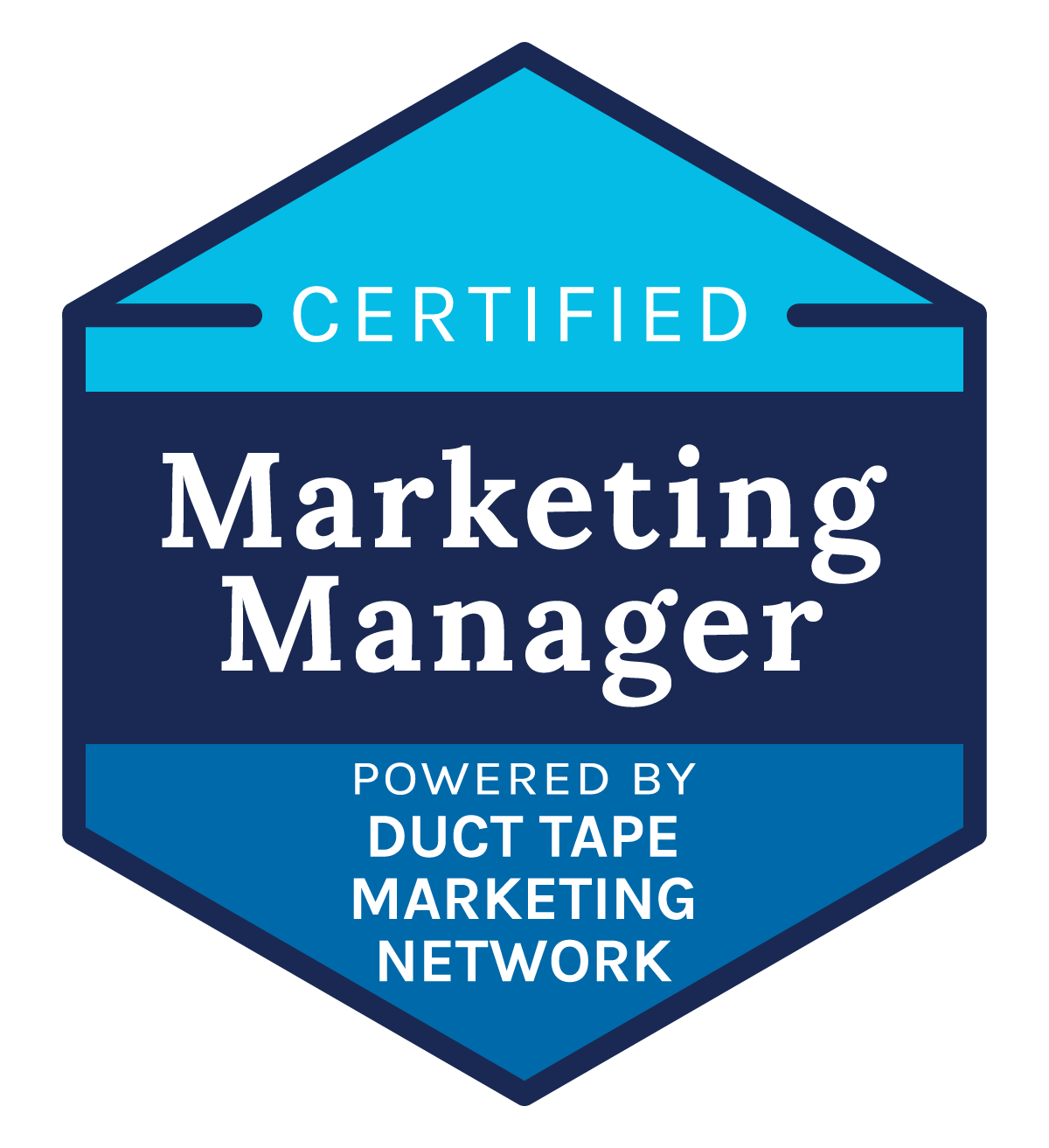
by Loraine Kasprzak, MBA
My neighbor Stewart used to be a milkman with his own route through Westfield and the neighboring New Jersey towns. He’d get up at 1:00 AM every weekday to load his truck and make his deliveries, returning home by noon to wash the truck and do paperwork. Stew worked hard.
Stew and I were chatting at a neighbor’s party one Saturday evening and over a few drinks we got to talking about the challenges of running a business. Turns out the guy who bought Stew’s route had run the business into the ground. “He didn’t take care of his customers,” Stew declared.
As a business person, Stew knew how to keep his customers happy. The families on Stew’s route could have bought their milk and butter from the supermarket. But they were loyal to Stew and bought from him week after week for years.
What were Stew’s secrets? Here’s what he told me:
- Know your customers by name. Stew had over 275 customers on his route, and knew each of them by name. He knew which of his customers was caring for an elderly parent or worked a night shift, and he understood how this impacted the dairy products they needed.
- Anticipate your customers’ needs. Maureen, one of our neighbors, had three young children at home and a husband who traveled most weekdays. Stew knew that by midweek, Maureen would likely run out of milk, so he would often leave her an extra quart with her Tuesday delivery. Did she appreciate this? Absolutely. It meant squeezing in one less trip to the market as she juggled her daily schedule.
- Be easy to do business with. Stew offered his customers convenience – especially those like Maureen who couldn’t easily get out to the store. His customers also knew he would fill last minute requests and they would leave him notes in their front porch milk boxes to order extra milk, butter or eggs.
- Cut your good customers some slack. Being a father and a business person, Stew knew life could get crazy, and sometimes even good customers could forget to pay their milk bill. He would call such customers with gentle reminders when payments were overdue, and typically that was enough.
- Act with honesty and integrity. Above all, Stew was an honest business person who treated his customers professionally. When he said he was going to do something – make an extra delivery or fill a special request – he did it. Customers knew they could rely on Stew.
Stew ran an old fashioned business. He didn’t have email or social media to keep in touch with customers or an online shopping cart to take orders. He knew that if you take care of your customer, the customer will take care of you. His thinking works just as well today and can help make your small or mid-sized business successful.
What do you do to nurture customer loyalty? Share your thoughts in the Comments section below.
Like what you’re reading? Subscribe and get the Marketing Advantage by email. Just click on the Subscribe Today! link in the right sidebar.
Photo credit: http://www.flickr.com/photos/ax2groin/4544535508/





